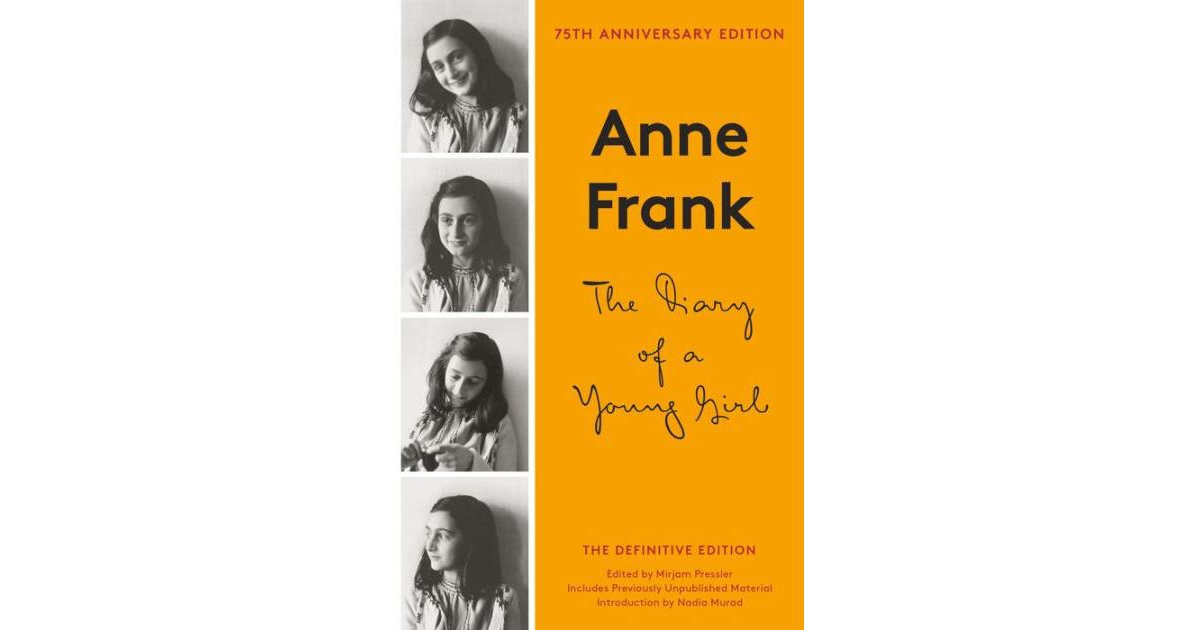Critical Autoethnography and criture Feminine
Best Price (Coupon Required):
Buy Critical Autoethnography and criture Feminine for $89.10 at @ Link.springer.com when you apply the 10% OFF coupon at checkout.
Click “Get Coupon & Buy” to copy the code and unlock the deal.
Set a price drop alert to never miss an offer.
Single Product Purchase
Price Comparison
| Seller | Contact Seller | List Price | On Sale | Shipping | Best Promo | Final Price | Volume Discount | Financing | Availability | Seller's Page |
|---|---|---|---|---|---|---|---|---|---|---|
|
BEST PRICE 1 Product Purchase
|
   |
$99.00 | $99.00 |
|
10% OFF
This deals requires coupon
|
$89.10 | See Site | In stock | Visit Store |
Product Details
The project offers a collection of new interdisciplinary critical autoethnographic engagements with Hlne Cixous criture feminine and work Three steps on the ladder of writing. Critical autoethnography shares a reciprocal, and inter-animating relationship with Hlne Cixous criture feminine (feminine writing), and in this collection authors explore that inter-animation by explicitly engaging with Three steps on the ladder of writing. Three steps is a poetic, insightful, and ultimately moving reflection on the writing process and explores three distinct areas essential for writing: The School of the Deadthe notion that something or someone must die in order for good writing to be born; The School of Dreamsthe crucial role dreams play in literary inspiration and output; and The School of Rootsthe importance of depth in the 'nether realms' in all aspects of writing. Topics covered include: ways Cixous work can address the need for loss and reparation in writing critical autoethnography, how Cixous writing makes our body speak through concepts of birth and the body in, through and of critical autoethnography, whether writing in this way recast and reform prevailing orders of domination and oppression, and how Cixous writing around the ethics of loving and giving translates into response-able and non-violent forms of critical autoethnography in relation to otherness and difference. In this collection, we invite you to Let us go to the school of [critical autoethnographic] writing (Cixous, 1993, p. 3) with the work of Hlne Cixous, and speak in a different way and through a different medium of academic language, in an approach that reveals the tensions, the paradoxes, the pains and the pleasures of writing with critical autoethnography in the contemporary university.

 Copied
Copied 



